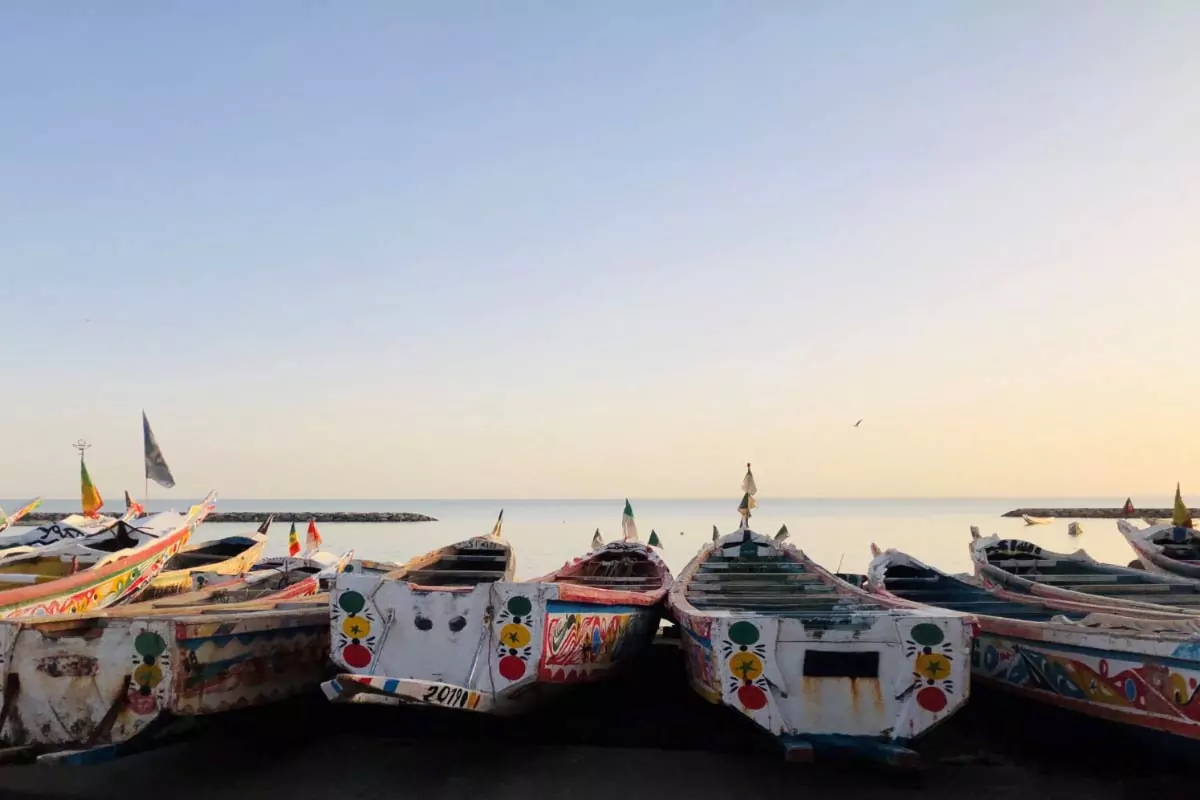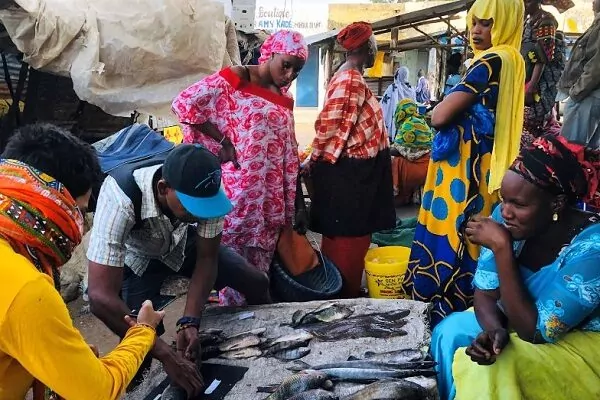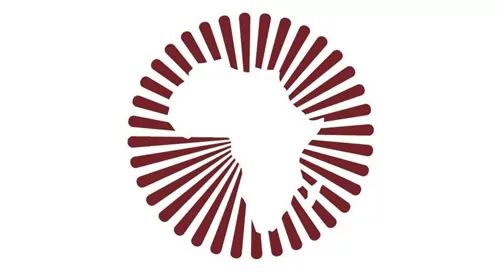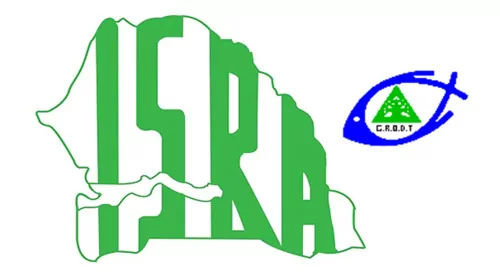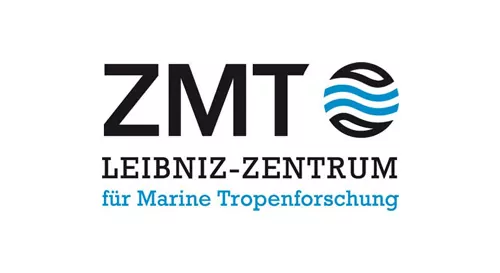Senegal is a coastal and Sahelian country with a wide range of rural areas, hosting unique and diverse species. The coastlines are characterised by highly productive marine ecosystems and large populations of fish that are faced with numerous environmental issues linked to human activities. Fish are critical to maintaining ecosystem functions and ecological services. However, traditional biodiversity measures that aim at quantifying the number of species in an ecosystem do not account for the role and functions that these species play within the ecosystem. INDUCE focused on assessing the functional diversity of commercially valuable fish species in Senegalese coastal waters. Functional diversity measures how species interact with the environment and with other species. The project aimed at laying down the scientific bases for best integrating two blue economy dimensions – fish ecology and governance. INDUCE built capacities for functional diversity management and research and analyses the effectiveness of existing governance frameworks.

